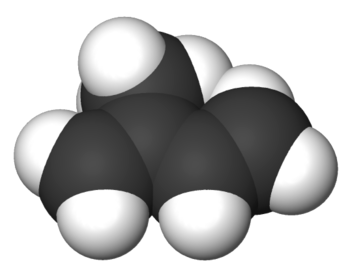 Bishop Hill
Bishop Hill Sceptics' impact on climate science
 Oct 5, 2015
Oct 5, 2015  Climate: Sceptics
Climate: Sceptics  Amelia Sharman has published a rather interesting working paper about the impact of controversy in the climate debate. At its core is a survey of climate scientists and sceptics, asking what impact all that argy-bargy in recent years has had.
Amelia Sharman has published a rather interesting working paper about the impact of controversy in the climate debate. At its core is a survey of climate scientists and sceptics, asking what impact all that argy-bargy in recent years has had.
The main conclusion is that the impact has been both positive and negative, but focused more on the way the scientists communicate their findings than the way in which they conduct their research: "increased caution, followed by disruption, a greater focus on communication, defensiveness and a reluctance to publicly engage."
I sense that the two sides of the climate debate might view "increased caution" as falling on different sides of the positive/negative divide. I certainly view one of sceptics' chief impacts as being to force the Met Office to moderate the tide of wild claims that it used to issue about the climate, something that a PR officer there once acknowledged to me.
We also read of work being reexamined as a result of postings at Climate Audit, and of research being accelerated to address sceptic claims.
It's fascinating stuff, and if you can get through the jargon in the first and last sections it is very readable.












